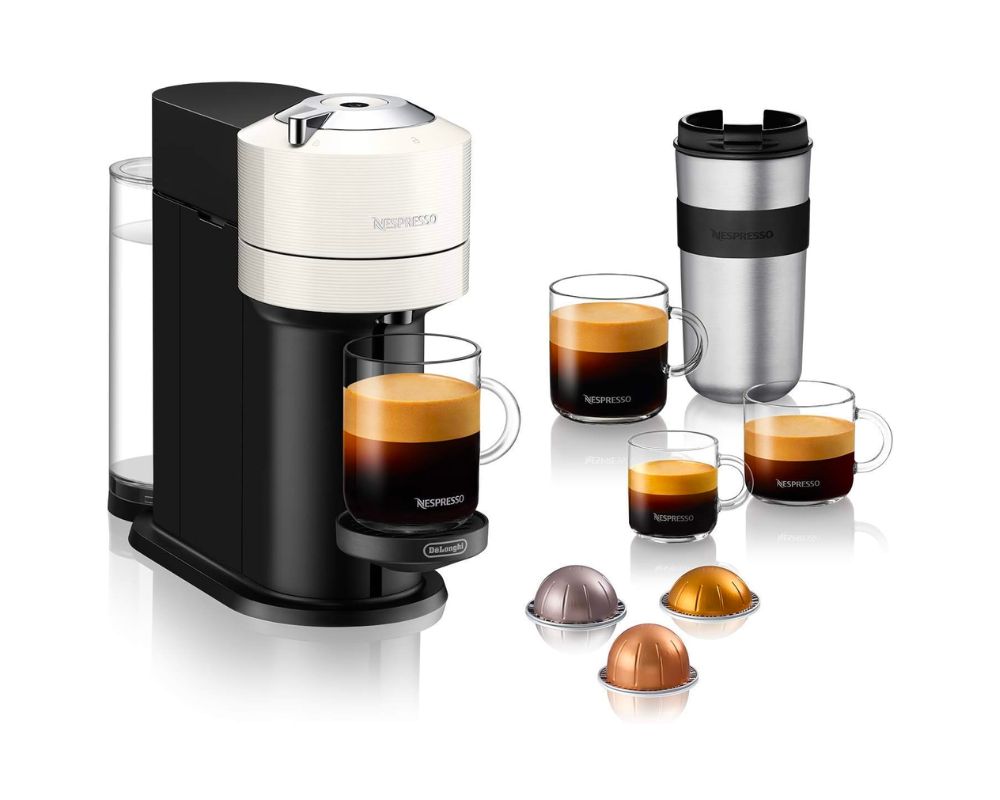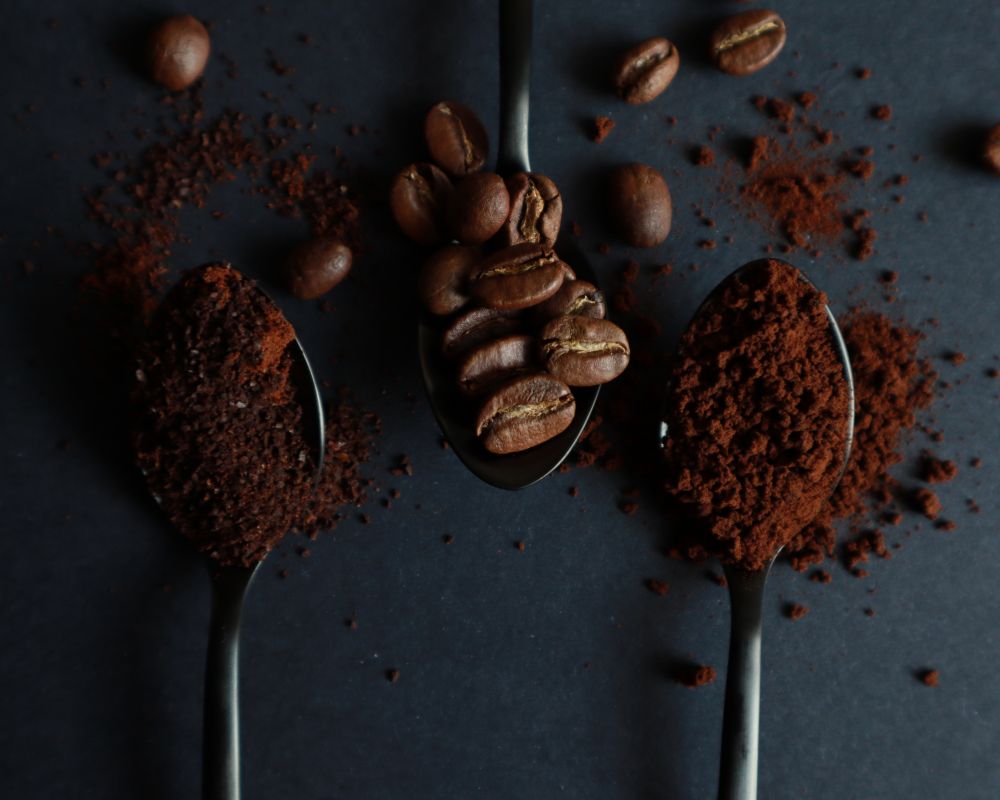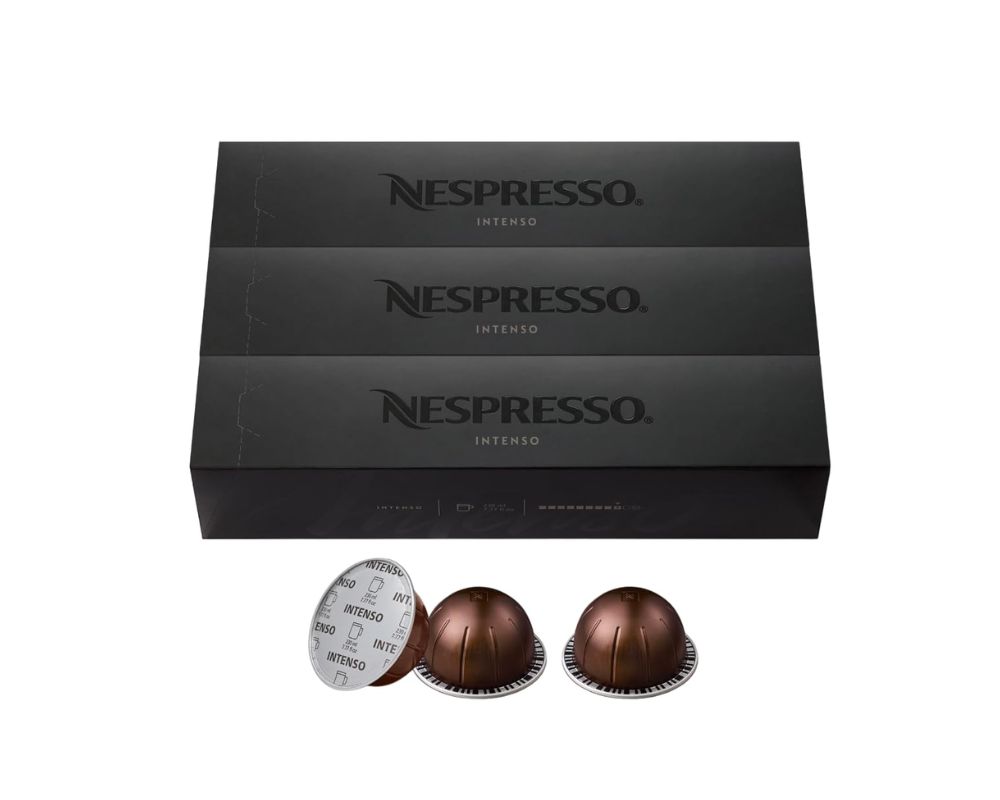How much caffeine in nespresso pods. Are you curious about the caffeine content of your Nespresso pods? As a coffee lover, it’s essential to understand the caffeine levels in your daily brew, and Nespresso is no exception. Regarding Nespresso pods, not all capsules are created equal regarding caffeine content. That’s why we’ve compiled this comprehensive guide to help you understand the caffeine levels in Nespresso pods.
In this section, we’ll explore the caffeine content of Nespresso pods and provide valuable information on the different levels of caffeine found in these coffee capsules. You’ll learn how Nespresso manages and controls the caffeine content in their capsules, the factors that affect caffeine levels, and how to compare Nespresso’s caffeine content to other popular coffee products.
So, get ready to dive into the world of Nespresso pod caffeine levels and gain a deeper understanding of your favorite coffee capsules. Let’s get started!
Understanding Nespresso Intensity and Caffeine Levels

As a Nespresso coffee lover, understanding the caffeine levels in your daily cup is crucial. Nespresso pods come in varying intensity levels, directly affecting each capsule’s caffeine content.
Intensity levels range from 1 to 13, with 1 being the least intense and 13 being the most robust. A common misconception is that the intensity level solely determines the caffeine content; however, this is only partially accurate.
The caffeine content in Nespresso capsules is also influenced by factors such as the coffee blend, origin, and roast level. As a result, some Nespresso pods with lower intensity levels may have higher caffeine content than some with higher intensity levels.
To gain a better understanding of the relationship between Nespresso intensity and caffeine levels, refer to the table below:
| Nespresso Intensity Level | Caffeine Content (mg) |
| 1-4 | 50-80 |
| 5-8 | 60-95 |
| 9-13 | 90-120 |
Note that this is a general guide and not an absolute representation, as caffeine content may vary depending on other factors.
It is essential to note that Nespresso pods come in two types: those that only contain coffee and those that contain milk. The latter usually has lesser caffeine content due to the addition of milk.
Understanding the intensity and caffeine levels in Nespresso pods can help you select the right capsule that meets your caffeine needs.
Examining Nespresso Pod Caffeine Amounts

When determining the caffeine content in Nespresso pods, it’s essential to understand the measurement of caffeine in milligrams (mg). The amount of caffeine in a Nespresso pod can vary widely, depending on the capsule type and the serving size.
A typical Nespresso capsule contains between 55mg and 65mg of caffeine, with some containing as little as 35mg and others having as much as 120mg per serving. Knowing the caffeine content of each Nespresso pod can help you decide which capsule is most suitable for you.
Nespresso Capsule Caffeine Levels
To give you an idea of the caffeine levels of different Nespresso capsules, we’ve compiled a table below:
| Nespresso Varieties | Caffeine Amount (mg) |
| Arpeggio | 55-70 |
| Ristretto | 60-80 |
| Livanto | 50-60 |
| Volluto | 70-80 |
| Cosi | 50-60 |
Note that the caffeine levels in Nespresso capsules can also vary based on the brewing method and cup size. For example, using a lungo setting instead of an espresso shot will result in a higher caffeine content due to the increased water volume.
How many mg of caffeine are in Nespresso Pods?
If you’re wondering how many milligrams of caffeine are in each Nespresso pod, the answer can depend on multiple factors, including the type of capsule and serving size. However, on average, a Nespresso capsule contains between 55mg and 65mg of caffeine, making it a suitable choice for those who desire a moderate caffeine intake.
Remember that Nespresso also offers decaf options for those looking to enjoy the flavor and quality of coffee without caffeine. Nespresso’s decaf options use a natural water-based decaffeination process, resulting in coffee pods with less than 0.1% caffeine content.
Factors Affecting Caffeine Levels in Nespresso Pods

Understanding the factors affecting the caffeine levels in Nespresso pods can help you decide when choosing your coffee capsules. Nespresso has a rigorous process of selecting the coffee beans and controlling the roasting and brewing methods to ensure consistent quality and flavor. Here are some of the factors that impact the caffeine content in Nespresso pods:
1. Coffee bean origin and variety
The type of coffee bean used in each capsule can affect the caffeine levels. For instance, Robusta beans generally contain more caffeine than Arabica beans. Nespresso sources coffee beans from various regions worldwide, including Latin America, Asia, and Africa. The specific beans used in each capsule can vary, leading to differences in caffeine content.
2. Coffee bean roasting and grinding
The degree of roasting and the grinding size can also influence caffeine content. Darkly roasted beans tend to have less caffeine than lightly roasted beans, while finer grinds release more caffeine than coarser grinds. Nespresso has developed specific roasting and grinding techniques for each coffee variety to achieve optimal taste and caffeine levels.
3. Brewing temperature and duration
The temperature and duration of the brewing process can significantly affect caffeine levels. Nespresso machines use a unique brewing technology that controls each capsule’s water pressure and temperature, resulting in a consistent extraction process. Different Nespresso varieties have varying optimal brewing settings, ensuring that the brewing process optimizes the beans’ unique characteristics.
4. Cup size and preparation
The amount of water used to prepare the coffee can also impact the caffeine levels. Nespresso offers various cup sizes, ranging from 0.85 ounces to 5 ounces, with corresponding levels of caffeine. Additionally, adding milk or sugar to your coffee can dilute the caffeine concentration, affecting the final amount per serving.
Nespresso Varieties and Caffeine Content
Regarding Nespresso pods, there are various flavors and intensity levels, each offering a unique caffeine experience. Let’s explore the different Nespresso varieties and their respective caffeine content.
Nespresso OriginalLine
The Nespresso OriginalLine offers a range of classic coffee flavors with different intensity levels. These pods, on average, contain around 60-80mg of caffeine per serving. However, the caffeine content can vary based on the pod’s intensity level and cup size. Here’s a breakdown of the caffeine content for some popular Nespresso OriginalLine pods:
| Nespresso Pod | Caffeine Content (mg) |
| Arpeggio | 55-70 |
| Ristretto | 60-70 |
| Livanto | 50-80 |
| Cosi | 50-60 |
It’s important to note that the caffeine content in Nespresso OriginalLine pods is not directly correlated with their intensity level. While intensity levels refer to the flavor profile and roast of the coffee, the caffeine content is affected by factors like cup size and brewing method.
Nespresso VertuoLine
The Nespresso VertuoLine is known for its larger-sized coffee servings and unique flavor offerings. These pods use a different brewing technology that produces a different taste profile than the OriginalLine. On average, VertuoLine pods contain around 100-165mg of caffeine per serving, making them a higher caffeine option than the OriginalLine. Here are some popular Nespresso VertuoLine pods and their caffeine content:
| Nespresso Pod | Caffeine Content (mg) |
| Stormio | 135-165 |
| Odacio | 95-120 |
| Melozio | 70-85 |
| Decaffeinato | 0 |
It’s important to note that VertuoLine pods have varying caffeine content depending on the cup size and the specific pod’s intensity level. Generally, the larger the cup size, the higher the caffeine content.
Overall
No matter which Nespresso variety you choose, it’s essential to know the caffeine content to help manage your caffeine intake. By understanding the caffeine levels in each pod, you can make an informed decision about your daily coffee routine, ensuring that it aligns with your caffeine preferences and needs.
Comparing Nespresso Caffeine Content to Other Coffee Products
Regarding your daily cup of joe, you may be curious how Nespresso’s caffeine content stacks up against other popular brands. Let’s take a look at how Nespresso compares to some well-known coffee products:
| Brand | Caffeine Content (mg per serving) |
| Nespresso | 40-120 |
| Starbucks | 260-410 |
| Dunkin’ Donuts | 151-200 |
| Maxwell House | 100 |
As you can see, Nespresso’s caffeine content is generally lower than that of other popular coffee brands. This may make it suitable for those more sensitive to caffeine or looking to manage their intake.
It’s important to note that the caffeine content of a coffee can vary depending on factors such as the brewing method, roast level, and serving size. Therefore, these values may be different for every individual cup of coffee.
Ultimately, the caffeine content in your coffee is a personal preference. Nespresso offers a range of intensities and flavors to suit different tastes and caffeine needs. There’s a Nespresso pod, whether you prefer a bold espresso or a smooth decaf.
Managing Your Caffeine Intake with Nespresso
If you’re looking to manage your caffeine intake when using Nespresso pods, you can follow several tips and strategies.
Choose the Right Nespresso Varieties
As discussed earlier, Nespresso offers a range of coffee pods with varying levels of caffeine. If you want to reduce your caffeine intake, choose the decaf or less intense Nespresso varieties.
Monitor Your Serving Size
Be mindful of the coffee you consume when using Nespresso pods. One serving is typically one capsule, so limit your intake to a single pod per cup of coffee.
Use Smaller Cups
Using smaller cups can help you reduce your overall caffeine intake. By switching to a smaller cup size, you can still enjoy the same amount of coffee while reducing the amount of caffeine consumed.
Alternate with Decaf Options
If you still want to enjoy the flavor of coffee without the caffeine, Nespresso’s decaf options are a great choice. Alternate between regular and decaf pods to balance out your caffeine consumption.
Time Your Consumption
Be mindful of when you consume your Nespresso coffee. Drinking coffee in the morning can help you start your day, but drinking it later in the day or evening can interfere with your sleep. Try to consume your Nespresso coffee earlier or switch to decaf in the afternoon and evening.
Conclusion
By now, you have gained a comprehensive understanding of the caffeine content in Nespresso pods and the factors that contribute to their varying levels. Whether you prefer a strong and intense coffee or a caffeine-free alternative, Nespresso has many options to satisfy your taste buds.
Remember, managing caffeine intake is important for your overall health and well-being. With Nespresso, you can customize your caffeine intake to suit your needs and preferences. Whether you want to reduce or increase your caffeine consumption, it’s important to listen to your body and make informed decisions.


